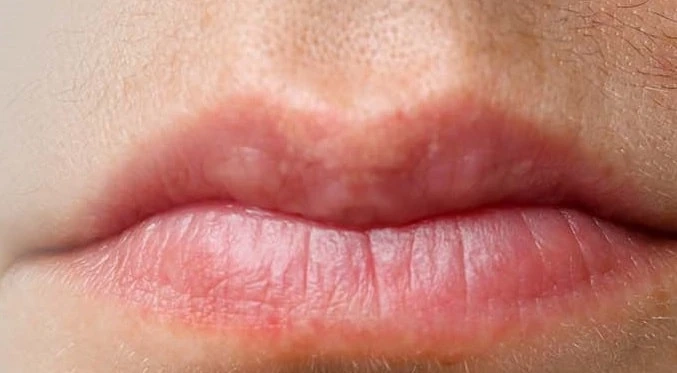Hirsutism is a condition that causes excessive hair growth in specific regions of the body. It primarily affects women of all ages. Hirsutism has no known cause, but it is a sign of other illnesses like polycystic ovary syndrome.
To provide readers with a better understanding of hirsutism or unwanted hair treatment in Hyderabad, the experts at Magna Centre have explained the same in this blog. Continue reading to learn more.
What are the Causes of Hirsutism in Women?
As already discussed, hirsutism does not have a known cause. However, there are several conditions that might cause hirsutism. These include:
- Production of Androgens: All individuals produce androgens, but men produce more. A female may develop hirsutism if their androgen levels are high or their hair follicles are more sensitive to androgens.
- Polycystic ovarian syndrome (PCOS): PCOS is a prevalent hormonal condition that causes hormonal problems in a lot of females. Other PCOS symptoms include acne, irregular menstruation, diabetes, weight gain, and fertility issues.
- Postmenopause: The hormonal changes that occur in the body after menopause lead to an increase in facial hair, including a mustache or whiskers.
- Cushing’s Syndrome: Cushing\'s syndrome occurs when the body produces an excessive amount of the hormone cortisol, which can have an effect on the set of organs that control the hair, skin, nails, glands, and nerves (integumentary system). Other signs of cushing\'s syndrome include rapid weight gain in the face, which takes time to heal, high blood pressure (hypertension), and diabetes.
- Other Conditions: A person may have a more serious condition if hirsutism appears suddenly and is accompanied by other symptoms like a deeper voice, acne, or increased muscle development. These serious conditions could include an adrenal gland disorder or an ovary disorder, such as congenital adrenal hyperplasia, or a tumor on the adrenal glands or ovaries that are responsible for producing androgen.
- Medications: There are also some medicines that can cause hirsutism. These consist of testosterone, anabolic steroids, cyclosporine (Sandimmune®), minoxidil (Rogaine®), danazol (Danocrine®), and phenytoin (Dilantin®).
How is Hirsutism Treated at Magna Centre?
The endocrinologist at Magna Centre diagnoses the root cause of hirsutism by conducting a thorough evaluation. Even if one is undergoing a laser hair reduction procedure and is getting a good response, it is best to have a clinical evaluation by a leading endocrinologist. Hirsutism, or unwanted hair treatment, is done to rule out other causes such as androgen-producing tumors and cushing’s syndrome. The experts at Magna Centre will take a detailed history and look for other features of elevated androgens. They might perform other tests such as total testosterone, T4, TSH, LH, FSH, 17(OH) progesterone.
When lifestyle modification normalizes cycles and induces ovulation, it does a lot to reduce hirsutism. Hirsutism is considered a cosmetic issue by most people; however, it can be severe at times and cause psychological effects. Patients could also be offered hormonal therapy to treat hirsutism, which is both safe and effective.
At Magna Centre, spironolactone and oral contraceptive pills (OCP) are both recommended for the treatment of hirsutism. Usually, improvements in hirsutism are not seen too quickly.
If one is experiencing hirsutism and is looking for an effective treatment, one can consult the best endocrinologist in Hyderabad at Magna Centre. Book an appointment today!



